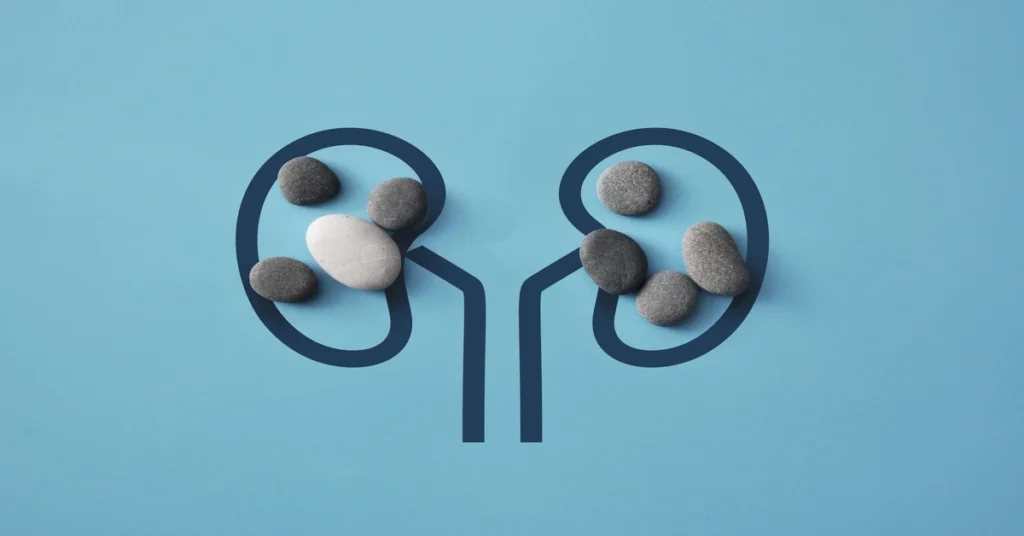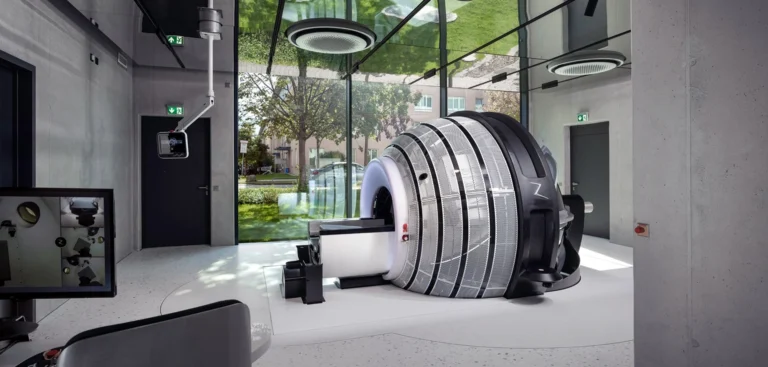ASPIRE Level 1: SURE Procedure with CVAC Outperforms Standard Ureteroscopy
Calyxo, Inc., a medical device company focused on innovative solutions for kidney stone treatment, today announced the publication of the full 30-day outcomes from the ASPIRE (ASPiration to Improve Renal Calculi Removal Effectiveness) clinical trial in the Journal of Endourology. Procedure with CVAC Outperforms .The results highlight that steerable ureteroscopic renal evacuation (SURE) with Calyxo’s CVAC Aspiration System achieved significantly higher stone clearance and lower residual stone volume (RSV) compared to traditional ureteroscopy (URS). Initial data from the ASPIRE study were presented at the American Urological Association (AUA) Annual Meeting in May 2024.

Calyxo, Inc., a pioneering medical device company, has recently announced the Procedure with CVAC Outperforms publication of the 30-day outcomes from the ASPIRE (ASPiration to Improve Renal Calculi Removal Effectiveness) clinical trial in the Journal of Endourology. The study shows the effectiveness of Calyxo’s CVAC Aspiration System in achieving superior stone clearance and lower residual stone volume (RSV) when compared to traditional ureteroscopy (URS).
Dr. Brian R. Matlaga, MD, MPH, a Professor of Urology and Director of The Stephens Center for Stone Disease at Johns Hopkins University School of Medicine,Procedure with CVAC Outperforms served as the lead author of the study. He commented, “The 30-day results from the ASPIRE study demonstrate that CVAC is highly effective across a broad range of stone sizes.
This is especially noteworthy in that the CVAC System is the first aspiration technology to show high effectiveness that does not diminish with larger baseline stone volumes Procedure with CVAC Outperforms . This stands in contrast to conventional URS or suction-based technologies such as flexible and navigable sheaths, where effectiveness typically declines as stone volume increases.”
One of the key challenges in kidney stone studies has been the use of the stone-free rate (SFR) as the primary measure of success. SFR is a binary metric indicating whether residual fragments (RF) remain, Procedure with CVAC Outperforms ,but it suffers from inconsistencies in how it’s defined and reported . Variables such as the size of the residual fragments, imaging methods, and timing after treatment can all affect the results, making it difficult to compare outcomes across studies.
Furthermore, studies have shown that even small residual fragments are associated with complications like pain, stone regrowth, and emergency visits. As a result, leading experts in endourology now recommend using more continuous variables like stone clearance (the percentage of stone volume removed) and residual stone volume (RSV) to better assess the success of treatments.
The ASPIRE study was designed to address these issues by using continuous variables to measure success. This multi-center, prospective, randomized, non-inferiority trial is the first to use stone clearance and residual stone volume as clinical endpoints. The trial also introduced a more accurate method for measuring stone volume, employing 1.25mm NCCT slices (compared to the usual 3-5mm slices), which improved the accuracy of stone volume measurement and detection of RF. The rigor of the study design, coupled with its use of objective, continuous outcome measures, elevates it to the highest level of evidence (Level 1), setting a new standard for clinical trials in kidney stone treatment.
The trial included 101 patients across 11 U.S. institutions, who were treated with either the SURE procedure using the CVAC System or traditional URS between June 2021 and February 2023. The key findings of the study included:
- Superior Stone Clearance: SURE with the CVAC System achieved a mean reduction in stone volume of 97%, significantly better than the 93% reduction seen with URS (p=0.036).
- Lower Residual Stone Volume: The mean RSV at 30 days was significantly lower with SURE (14.3 mm3) compared to URS (70.2 mm3) (p=0.012).
- Consistency Across Stone Sizes: Regression analysis showed that SURE with the CVAC System maintained high stone clearance and low RSV regardless of the baseline stone volume, whereas URS efficacy declined with larger stone volumes.
Dr. Joe Catanese, PhD, President & CEO of Calyxo, commented on the results, saying, “The ASPIRE results published today contribute to a growing body of evidence showing that SURE with the CVAC System offers significant advantages over URS, demonstrating that more complete stone clearance is achievable. We believe these newly published findings will propel further research in kidney stone treatment and increase the clinical community’s interest in the CVAC System as a safe and effective solution.”
Additionally, initial one-year data from the ASPIRE study, presented at the 41st World Congress of Endourology and Uro-Technology in August 2024, showed that patients treated with the CVAC System experienced reduced healthcare consumption compared to those who underwent URS. This included fewer emergency department visits, hospitalizations, and retreatments.
Please find the related post





